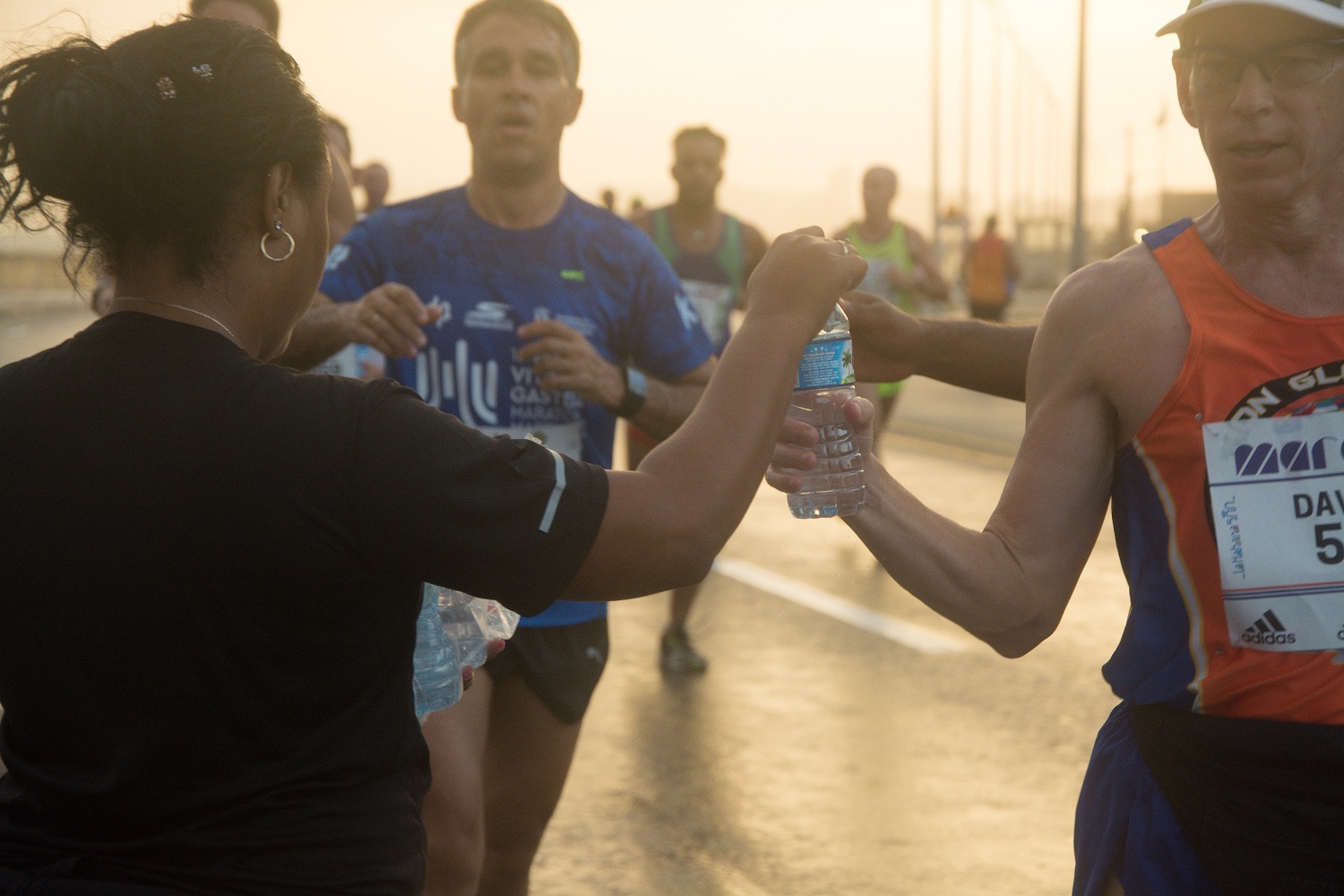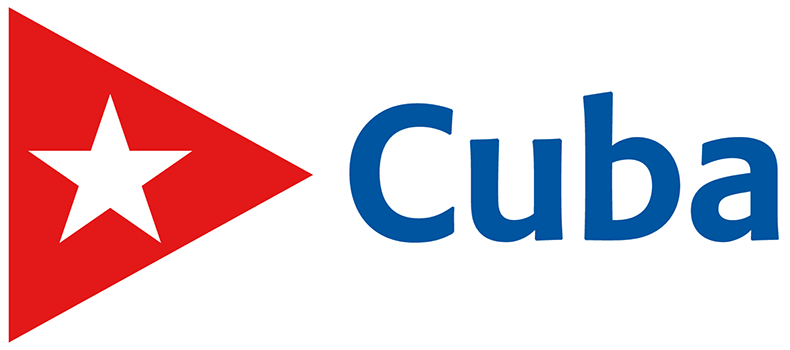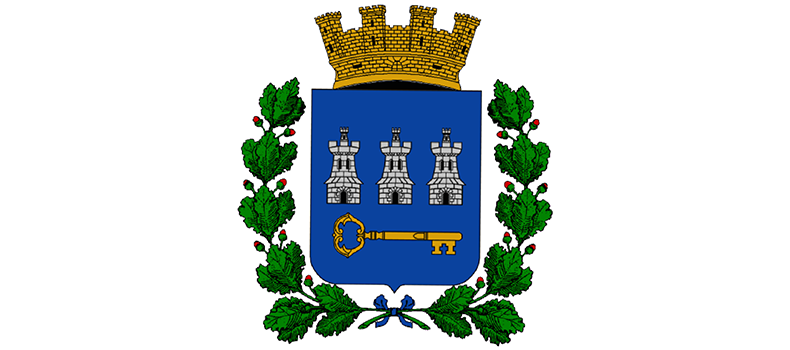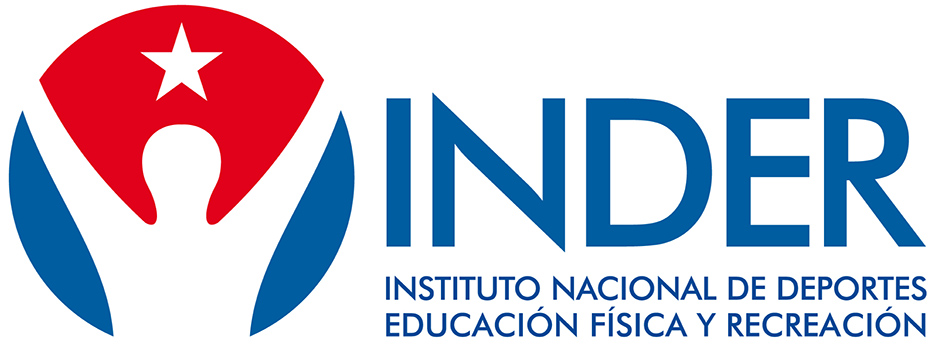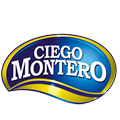Whether you are preparing the Marabana for 22 November or you are thinking of getting ready for another marathon, here is some advice about your diet before, during and after such a demanding effort.
Physical training for a marathon is essential, especially in the two months before you run the race, and also on the day of the event and the days that follow it.
It is very important to get to the start line with your glycogen reserves full. So, you need to have a good carb intake to get to the race with your liver and muscular glycogen reserves high, to be able to take on the tremendous effort you will make during the marathon.
Another very important element is hydration. If you are going to finish in good shape, the right hydration is a key factor. Otherwise, your performance will dip and you may get headaches, a tingling sensation in the arms and legs, hyperventilation, poor concentration and you might even run the risk of injury if your heart rate goes up too high.
What should you eat the day before a marathon?
The day before, drink a lot of water throughout the day, avoiding alcohol and caffeine wherever possible because of their diuretic effect. You know your body better than anyone, and what food suits you or not, so in the 24 hours before the race it is important to eat things that are easily digested, avoiding too much fat. The best foods are those with high fibre and protein content. The 12 hours before the race are the most important in terms of what you eat, so have a good dinner with a good carb load: pasta (not wholegrain) with chicken or tuna and, if you fancy, some vegetables… but in moderation to avoid possible stomach pains as a result of eating too much fibre. You can also go for other foods such as rice, quinoa, bread, oats… good sources of carbs with a bit of protein. You can round it off with a zero-fat yoghurt or a piece of fruit such as a banana or an apple (if you choose the apple, it is better boiled).
During the marathon
It is essential that you should have already tried what you are going to eat on race day, for example, gels or sports drinks. In your long training sessions, try gels and drinks to avoid stomach pains and indigestion on the day of the race. Everyone is different and factors such as the weight, heart rate and metabolism of each person can affect us differently, although it is true that the Academy of Nutrition and Dietetics, Dietitians of Canada (DC) and the American College of Sports Medicine (ACSM) advise athletes to consume between 30-60 grams of carbohydrates per hour of an event, combining different sugars (fructose and glucose, for example) as they use different transporters to enter the body’s cells and give us more energy.
If you are used to taking solids during your long training sessions, for example, oranges, bananas or nuts, that is a good option for race day, especially at a slower pace.
Your main needs during the race area:
30-60 g/h of carbohydrates
500-700 ml/h of liquids
400-600 mg/L of sodium = 200-400 mg/h
Caffeine after 1 hour of exercise, 1 mg/kg during and 3mg/kg before the event
Gels usually contain around 20-30 g of carbohydrates, so the ideal thing is to take two every hour. Some contain caffeine; if you want to take these, do it after you have passed the 2-hour mark in the race. This way, it will be your 4th or 5th gel that will have caffeine to improve your performance. There are also other products that can replace them, such as sports (isotonic) drinks. The best recommendation is: 2 gels, 1 salt tablet, one glass of isotonic drink and another (a bit better) of water every hour during the race. This will cover your needs as the race progresses.
After the event
Although it might not seem to be important to worry about what we eat after the effort, it is. After a marathon, you need to take care of your diet to recover your muscle strength, glycogen reserves, protein synthesis and to rehydrate your body.
4-6 hours after the race, we recommend taking 150% of what you have lost in liquids, as you lose more liquid through sweat than what you drink. One hour after the race, take some carbohydrates with proteins, in a proportion of around 3:1 or 4:1. 1 g of carbs/ kg of weight with 0.3 g of protein/kg of weight, a total of around 600 g of carbs over the next 24 hours, well spread out in portions every 15-60 minutes (you can stop while asleep) and 200 g of protein.
An example after the race: eat a banana, some nuts or have a recovery drink. In your main meal that day, ideally consume high-glycaemic carbohydrates and a good dose of protein, for example, rice and a piece of fruit for dessert. It is also important to hydrate yourself well in the hours after the race.

